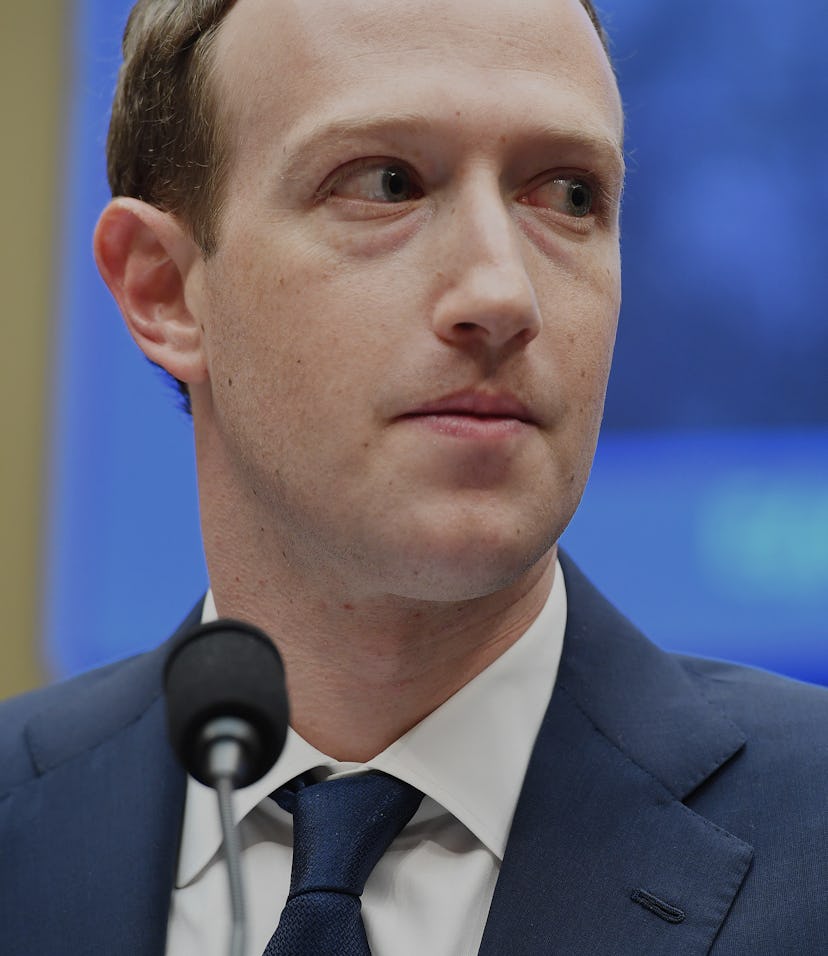Culture
The U.K. might actually stop Meta from acquiring Giphy
Meta, as you might expect, isn't backing down without a fight.

The company formerly known as Facebook paid $400 million to purchase GIF database Giphy last May, but the companies may never actually get the chance to merge. A U.K. regulation group is working to stop the deal from reaching its conclusion, Financial Times reported yesterday, putting the acquisition in very real jeopardy.
The Competition and Markets Authority (CMA) has been investigating Meta’s intent to buy Giphy since June 2020, just a month after the deal was first announced. The watchdog group first ruled this August that Meta should be forced to sell Giphy due to anticompetitive concerns, though the CMA gave itself until December 1 to make the decision final.
Today the CMA officially ordered Meta to sell Giphy. The CMA’s concerns center on Meta’s towering presence in the tech industry, which continues to grow taller despite concerns being raised by oversight groups around the world.
“By requiring Facebook to sell Giphy, we are protecting millions of social media users and promoting competition and innovation in digital advertising,” inquiry leader Stuart McIntosh said.
A big no from Zuck — As you might expect, Meta isn’t exactly overjoyed that the CMA is meddling in its business. When the group announced its intentions to stop the acquisition in August, Meta — at the time still known as Facebook — immediately denied the watchdog’s claims.
“We disagree with the CMA’s preliminary findings, which we do not believe to be supported by the evidence,” Meta said. “As we have demonstrated, this merger is in the best interest of people and businesses in the U.K. — and around the world — who use Giphy and our services.”
Well, there you have it. Meta bought Giphy for the betterment of society. How could the CMA have not known that?
Metamonopoly — The CMA is concerned about Meta’s power more broadly, but it’s also specifically honed in on the company’s domination of the U.K. display advertising market. Meta controls somewhere between 40 and 50 percent of the advertising market in the U.K., and the CMA worries that Giphy could present yet another way for Meta to expand that advertising reach.
This is not the first time Meta has been accused of anticompetitive business practices — not by far. Just this summer, the FTC filed a very detailed monopoly complaint against the tech giant. Big Tech regulation as a whole is a subject of much controversy in Congressas of late, too.
Meta says it plans to explore every route to reverse the CMA’s decision, including an official appeal process.